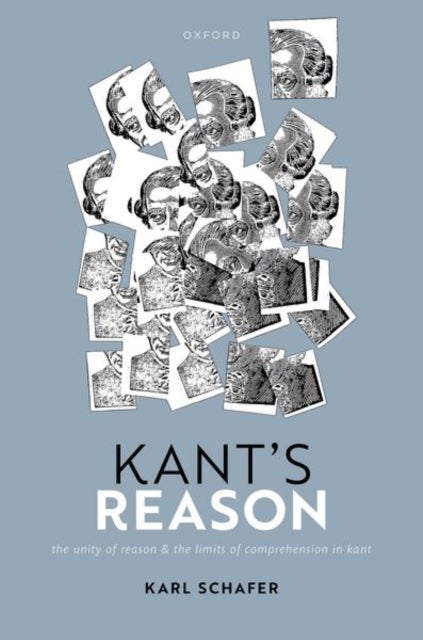
Kant's Reason av Prof Karl (University of Texas at Austin) Schafer
949,-
Kant''s Reason develops a novel interpretation of Kant''s conception of reason and its philosophical significance. Karl Schafer argues that Kant presents a powerful model for understanding the unity of theoretical and practical reason as two manifestations of a unified capacity for theoretical and practical understanding (or "comprehension"). This model allows us to do justice to the deep commonalities between theoretical and practical rationality, withoutreducing either to the other. In particular, it enables us to see why the activities of both theoretical and practical reason are governed by a version of the Principle of Sufficient Reason, while also seeing why reason is essentially autonomous. At the same time, Kant''s Reason reads Kant as presenting acompelling picture of the role that reason, as a capacity or power, should play in a systematic approach to foundational philosophical questions. In doing so, it argues for an account of the fundamental norms that apply to rational be








